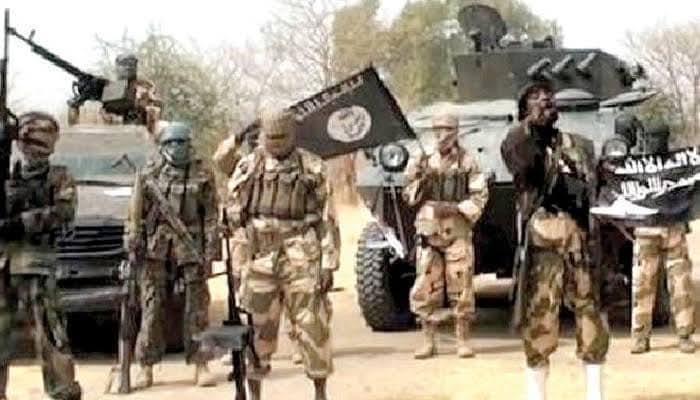Nigeria’s worsening security crisis has taken an alarming turn, as fresh data reveals that more lives were lost to insurgent and bandit-related violence in just the first six months of 2025 than in the entire year of 2024. The disturbing statistics, released on Tuesday by a reputable conflict-tracking organisation, underscore the intensifying wave of insecurity ravaging several regions of the country, particularly the North.
According to the figures, the combined death toll from insurgent attacks, banditry, and communal violence between January and June 2025 has surpassed the total number of fatalities recorded throughout 2024. Though exact numbers vary slightly across different monitoring agencies, all available data confirm a sharp spike in violent killings this year, pointing to a significant deterioration in national security.
The North-West and North-Central regions remain the epicentres of deadly attacks, with Zamfara, Kaduna, Niger, Plateau, and Benue states recording high casualty figures. Communities in Borno and Yobe States, long plagued by Boko Haram and ISWAP insurgents, have also seen renewed assaults on villages, highways, and farming settlements, leading to mass displacement and deepening humanitarian needs.
Security analysts attribute the surge in killings to the growing boldness of non-state armed groups, whose operations have evolved from isolated rural ambushes to well-coordinated, large-scale offensives. Many of these attacks are said to be fuelled by competition over natural resources, ethnic tensions, and the breakdown of law enforcement in remote areas. Victims include civilians, security personnel, traditional rulers, and humanitarian workers.
Despite ongoing military operations such as “Operation Hadin Kai” and “Operation Safe Haven,” critics argue that the government’s response has remained reactive and under-resourced, with intelligence gaps and logistical delays hampering the effectiveness of security forces. Locals in affected communities continue to lament the absence of timely intervention, leaving them vulnerable to repeated assaults.
The grim figures have renewed calls from civil society groups, opposition leaders, and community stakeholders for the Federal Government to overhaul its security strategy and invest in long-term solutions, including state police, dialogue with aggrieved groups, and economic empowerment initiatives targeted at at-risk youth.
As Nigeria heads into the second half of the year, there is growing fear that if urgent and coordinated action is not taken, the country may face even higher levels of violence and instability. The rising death toll is not only a human tragedy but also a major threat to national cohesion, economic development, and investor confidence.


